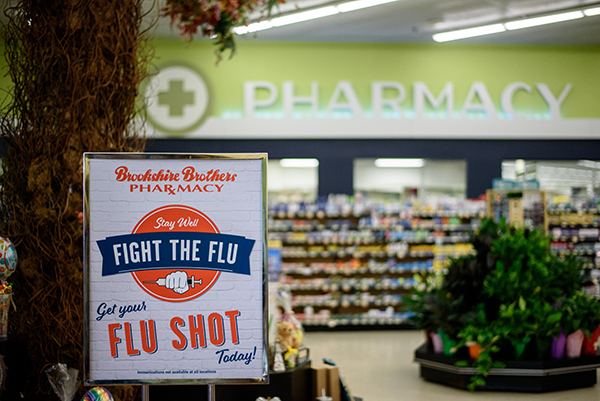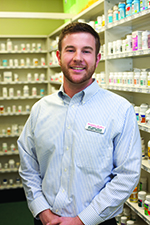Posted on Tuesday, December 5, 2017
A panicky voice began with “I’m in trouble,” as I lifted the ringing phone to my ear a Wednesday evening or two ago.
I knew the customer (let’s call her Mrs. Smith) and was familiar with her medications. Mrs. Smith takes a few medications that control the rate and rhythm of the heart, but the computer indicated that it had been a few months since my pharmacy had filled her blood thinner that went along with her condition.
She went on to explain that she filled most of her medications locally but that her insurance had urged her to begin filling this particular medication through their mail order system. It would be a little cheaper for her and them that way, they reasoned.
“But my medicine’s not here and I am totally and completely out of pills,” Mrs. Smith sighed. “What do I do?”
Ask any community pharmacist and they can validate the ubiquity of this refrain. When there are delays in the mail or when prescriptions are delayed in arriving at the mail order pharmacy, patients are often forced to just wait—with little or possibly no remaining medication on hand.
In the end, we called the insurance company to obtain an override for delayed medication. This allowed our pharmacy to fill a seven day supply of her blood thinner after her physician sent us a new prescription. Without this override the patient would have been forced to pay $115 for seven pills while she waited for her full prescription to arrive.

Now my aim is not to bash mail order pharmacies as they are a great option and work well for some individuals who may be on two or three regular, very predictable prescription drugs. My larger point is that a customer of a mail order pharmacy (especially someone with a complicated health condition) should not expect the flexibility, accessibility, and personal familiarity that you would have at your local pharmacy—especially when it comes to questions about your prescription(s).
Community pharmacies and mail order facilities are apples and oranges; they exist for different purposes. Mail order facilities are tasked with filling thousands of prescriptions daily, verifying they were filled correctly, and then preparing them for shipment. Cost and convenience—that’s about it.
There is no way that one of their many pharmacists can remember idiosyncrasies regarding individual patients and their medications. They can’t help you select an over-the-counter medication while considering the many prescription products you are taking. They won’t call your physician’s office to clarify instructions you may have been given at your visit that seem confusing now. Those “longer than expected wait times” may discourage patients from calling the mail order pharmacy to ask a simple question about their prescription, if only to put their mind at ease.
Customers who utilize a mail order pharmacy will obviously fill antibiotics or urgent prescriptions locally. However, it is impossible for your community pharmacist to fully judge whether or not a potential drug interaction may occur because he/she can’t see your whole medication picture.
Rectifying Mrs. Smith's situation took my pharmacy staff and me less than an hour. Before we closed she picked up her life sustaining medication and her worry ended. Moreover, in the process she was treated kindly, her phone calls were answered promptly and her medication, once filled, was immediately available for her to pick up.
Sometimes, even in 2017, the important things in life come down to a little more than cost and convenience.

Matt Baker is a pharmacist with Brookshire Brothers Pharmacy in Lufkin. He received his undergraduate degree from Texas A&M University in 2005 and his Doctor of Pharmacy from the University of Houston in 2010. He writes a monthly pharmacy and wellness article for the Lufkin Daily News and is active in the community. Matt's passion is serving his patients while ensuring that they are equipped to understand and take their medications properly.
View more of Matt's articles on the Brookshire Brothers blog.
